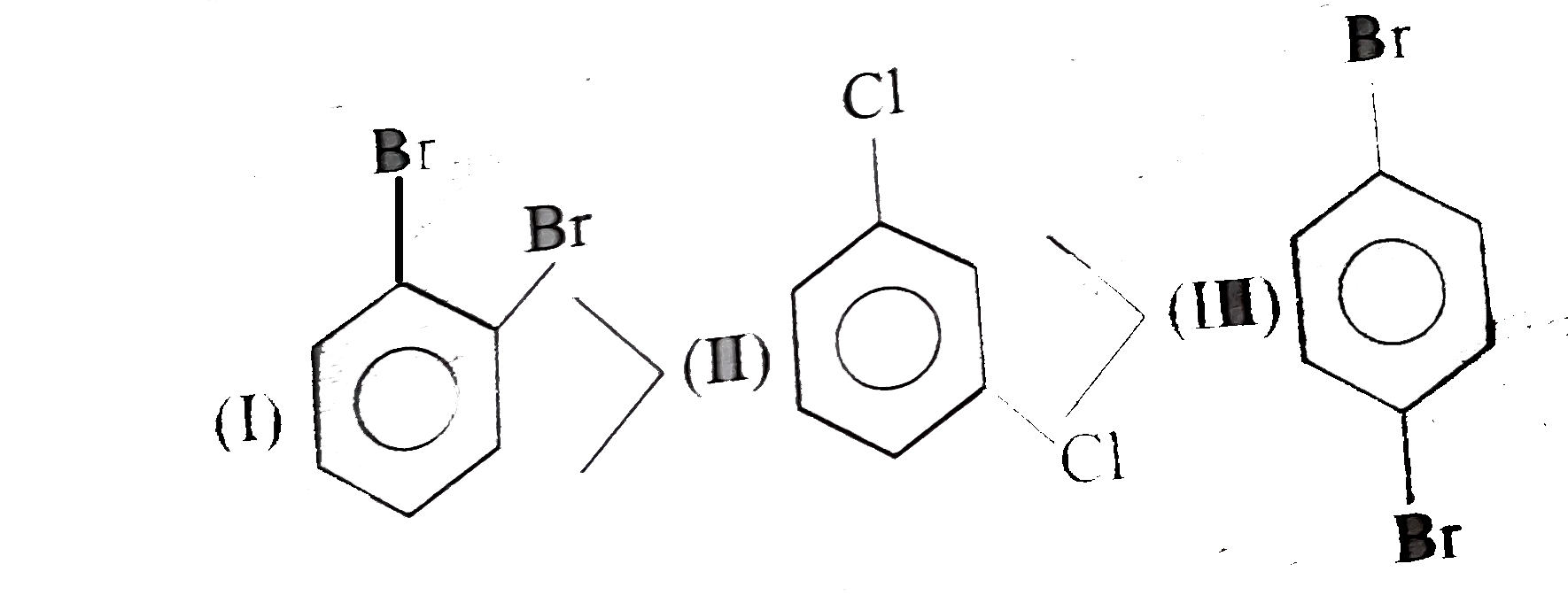Which of the following justify the enthalpy driven spontaneity of adsorption process?
It is a spontaneous endothermic processin which randomness increases due to force of repulsion between adsorbent and adsorbate
It is a a spontaneous exothermic process in which randomness decreases due to force of attraction between adsorbent and adsorbate
It is a spontaneous adiabatic process in which randomness increases due to free expansion of molecule between adsorbent and adsorbate
Itis a non spontaneous endothermic process in which randomness decreases due to force of repulsion between adsorbent and adsorbate
The correct Answer is:B
To determine which statement justifies the enthalpy-driven spontaneity of the adsorption process, we need to analyze the nature of adsorption and its thermodynamic implications.
1. Understanding Adsorption:
- Adsorption is the process where atoms, ions, or molecules from a gas, liquid, or dissolved solid adhere to a surface. This process can be classified as either physisorption (weak van der Waals forces) or chemisorption (strong chemical bonds).
Hint: Remember that adsorption involves the interaction between adsorbate (the substance being adsorbed) and adsorbent (the surface).
2. Exothermic Nature of Adsorption:
- When adsorption occurs, bonds are formed between the adsorbate and the adsorbent. The formation of these bonds releases energy, making the process exothermic.
Hint: Exothermic processes release heat, which is a key characteristic of adsorption.
3. Spontaneity of the Process:
- A process is spontaneous if it occurs without needing to be driven by an external force. The spontaneity of a process can be assessed using Gibbs free energy (ΔG). For a process to be spontaneous, ΔG must be negative.
- The relationship between enthalpy (ΔH), entropy (ΔS), and Gibbs free energy is given by the equation:
ΔG=ΔH−TΔS
- In the case of adsorption, since it is exothermic, ΔH is negative. However, the randomness (entropy) of the system decreases because the adsorbate molecules become more ordered when they adhere to the surface.
Hint: Recall that a decrease in entropy (ΔS < 0) can still allow for spontaneity if the enthalpy change (ΔH) is sufficiently negative.
4. Evaluating Statements:
- The first statement suggests that the adsorption process is spontaneous and endothermic, which contradicts the exothermic nature of adsorption. Thus, it is incorrect.
- The second statement claims that the adsorption process is spontaneous and exothermic, which aligns with our understanding of the process. This statement is correct.
- The third statement about being spontaneous and adiabatic is not relevant to the enthalpy-driven spontaneity of adsorption.
- The fourth statement about being spontaneous and endothermic is also incorrect.
Hint: Analyze each statement based on the definitions of exothermic and endothermic processes.
5. Conclusion:
- The correct justification for the enthalpy-driven spontaneity of the adsorption process is that it is a spontaneous exothermic process, where the randomness of the system decreases.
Final Answer: The second statement is correct.
- Adsorption is the process where atoms, ions, or molecules from a gas, liquid, or dissolved solid adhere to a surface. This process can be classified as either physisorption (weak van der Waals forces) or chemisorption (strong chemical bonds).
- When adsorption occurs, bonds are formed between the adsorbate and the adsorbent. The formation of these bonds releases energy, making the process exothermic.
- A process is spontaneous if it occurs without needing to be driven by an external force. The spontaneity of a process can be assessed using Gibbs free energy (ΔG). For a process to be spontaneous, ΔG must be negative.
- The relationship between enthalpy (ΔH), entropy (ΔS), and Gibbs free energy is given by the equation:
ΔG=ΔH−TΔS
- In the case of adsorption, since it is exothermic, ΔH is negative. However, the randomness (entropy) of the system decreases because the adsorbate molecules become more ordered when they adhere to the surface.
- The first statement suggests that the adsorption process is spontaneous and endothermic, which contradicts the exothermic nature of adsorption. Thus, it is incorrect.
- The second statement claims that the adsorption process is spontaneous and exothermic, which aligns with our understanding of the process. This statement is correct.
- The third statement about being spontaneous and adiabatic is not relevant to the enthalpy-driven spontaneity of adsorption.
- The fourth statement about being spontaneous and endothermic is also incorrect.
- The correct justification for the enthalpy-driven spontaneity of the adsorption process is that it is a spontaneous exothermic process, where the randomness of the system decreases.
Topper's Solved these Questions
Similar Questions
Knowledge Check
Which of the following reaction is said to be enthalpy driven?
AEndothermic reaction with positive entropy change and high temperatureBEndothermic reaction with negative entropy change and low temperatureCExothermic reaction with positive entropy change and high temperatureDExothermic reaction with negative entropy change and low temperatureWhich of the following statement is correct for the spontaneous adsorption of a gas?
AΔS is negative and therefore, ΔH should be highly positiveBΔS is negative and therefore, ΔH should be highly negativeCΔS is positive and therefore, ΔH should be negativeDΔS is positive and therefore, ΔH should also be highly positiveWhich of the following statement is correct for the spontaneous adsorption of a gas?
ADipole moment :
 BStability of free radical :
BStability of free radical :
 CBasic strength : CH3OӨ>ӨOH>RSӨDBasic and nucleophilic strength : IӨ>BrӨ>C1Ө>FӨ
CBasic strength : CH3OӨ>ӨOH>RSӨDBasic and nucleophilic strength : IӨ>BrӨ>C1Ө>FӨ
Which of the following statement is correct for the spontaneous adsorption of a gas?
View SolutionWhich of the following statement is correct for the spontaneous adsorption of a gas?
View SolutionWhich of the following endothermic processes are spontaneous
View SolutionThe condition for spontaneity of a process is
View SolutionWhich of the following is true for spontaneous process?
View Solution
